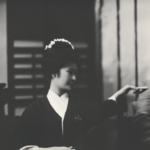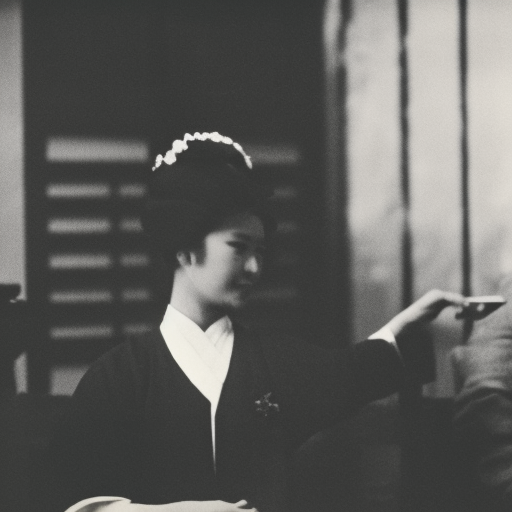The Song Dynasty: A Golden Age of Chinese History
The Song Dynasty, also known as the Song Empire, was a ruling dynasty in China from 960 to 1279 CE. It is considered one of the most prosperous and culturally significant periods in Chinese history. The dynasty was characterized by its strong centralized government, economic growth, technological advancements, and artistic achievements.
Establishment and Consolidation of Power
The Song Dynasty was established by Emperor Taizu, also known as Zhao Kuangyin, who reunified China after a period of political fragmentation known as the Five Dynasties and Ten Kingdoms period. Taizu implemented a series of political and military reforms to consolidate his power and strengthen the central government. He established a civil service examination system to recruit officials based on merit rather than birthright, which helped to create a more efficient and capable bureaucracy.
Economic Growth and Technological Advancements
Under the Song Dynasty, China experienced significant economic growth. Agricultural productivity increased due to the widespread adoption of new farming techniques, such as the use of iron plows and the cultivation of new crops. This led to a surplus of food, population growth, and urbanization.
The Song Dynasty also witnessed remarkable technological advancements. The invention of movable type printing by Bi Sheng revolutionized the dissemination of knowledge and contributed to a flourishing of literature and scholarship. The development of gunpowder and the invention of the compass had profound military implications and played a crucial role in the expansion of the empire.
Artistic and Cultural Achievements
The Song Dynasty was a period of great artistic and cultural achievements. It saw the emergence of new art forms, such as landscape painting, which became highly regarded and influential. Artists like Fan Kuan and Xia Gui pioneered the “Northern Song” style, characterized by its emphasis on depicting the grandeur and harmony of nature.
Poetry also flourished during the Song Dynasty, with renowned poets such as Su Shi and Li Qingzhao producing exquisite works that captured the beauty of everyday life and expressed deep emotions. The development of Neo-Confucianism, a philosophical and ethical system that blended Confucianism, Buddhism, and Taoism, had a profound impact on Chinese culture and influenced various aspects of society, including education, literature, and art.
Challenges and Decline
Despite its many achievements, the Song Dynasty faced numerous challenges. The dynasty was frequently threatened by external invasions, particularly from the nomadic tribes of the north. The most significant threat came from the Jin Dynasty, a powerful empire ruled by the Jurchen people. In 1127, the Jin Dynasty captured the Song capital, forcing the Song court to relocate to the south. This event marked the beginning of the Southern Song period, which lasted until the dynasty’s eventual downfall.
The Song Dynasty also faced internal challenges, including political corruption, factionalism, and financial difficulties. The government’s heavy reliance on the scholar-official class led to a bloated bureaucracy and widespread corruption. Additionally, the dynasty struggled to finance its military campaigns and maintain a strong defense against external threats.
In 1279, the Song Dynasty was finally overthrown by the Mongols, led by Kublai Khan, who established the Yuan Dynasty. Despite its ultimate demise, the Song Dynasty left a lasting legacy in Chinese history. Its emphasis on education and meritocracy laid the foundation for the civil service examination system that would endure for centuries. The dynasty’s artistic and cultural achievements continue to inspire and influence Chinese art and literature to this day.












